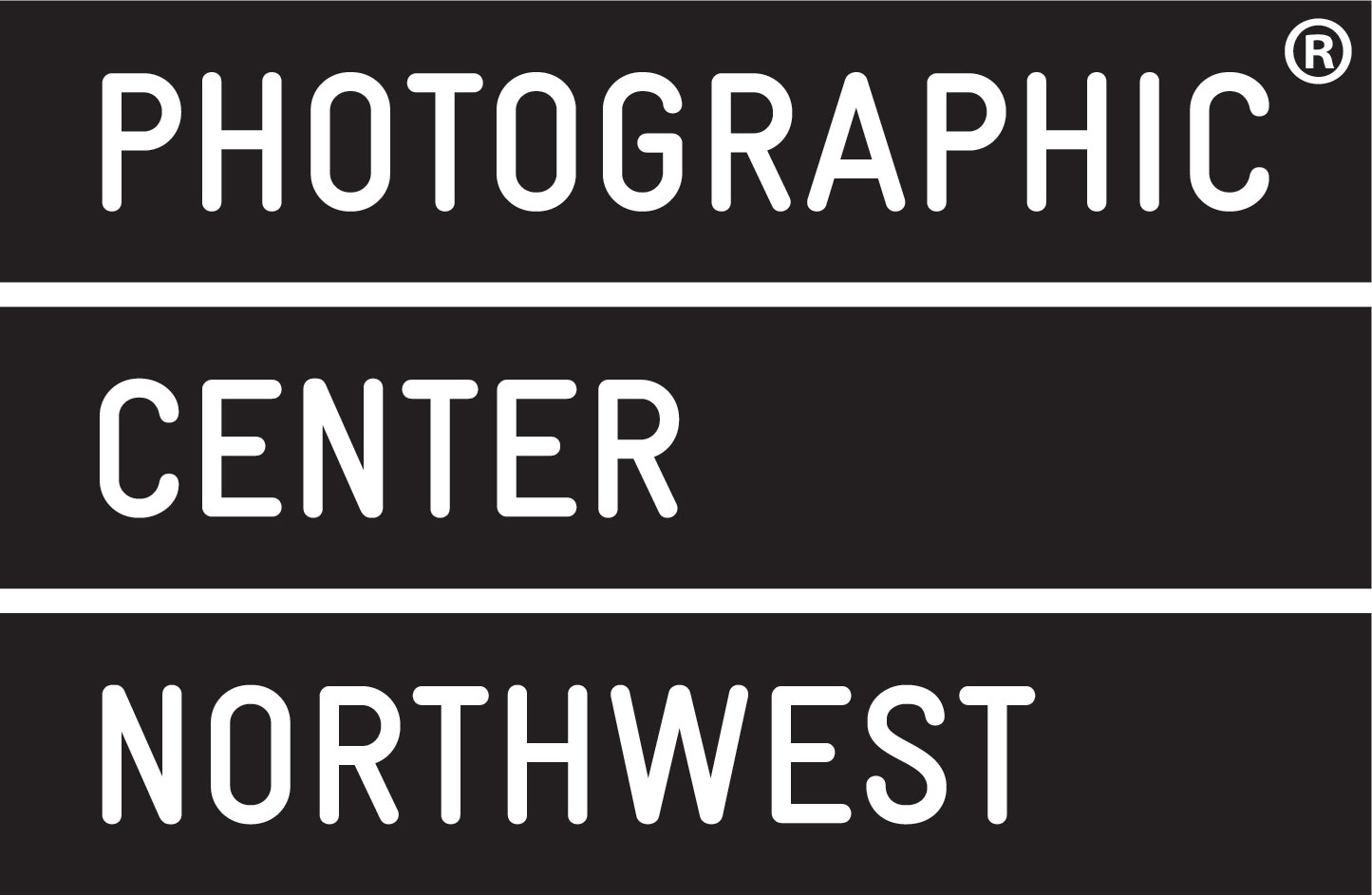Certificate in Fine Art Photography
The Certificate in Fine Art Photography is a 53-credit program that is technically and creatively demanding, designed to establish a sustained practice in photography.
Overview
At the heart of PCNW is exploration of the photographic arts and a commitment to lifelong learning. Our Certificate in Fine Art Photography offers the opportunity to fully immerse yourself in the study and practice of photography, at any stage of life, through a unique and rigorous program.
Led by our faculty of engaged professionals, courses within the Certificate Program are technically and creatively demanding, delving into the history, theory, and practice of creating photographic work. During their studies students develop their own style of photography, engage in critical discussion, establish their work within a historical and contemporary photographic/fine art context, and build the foundation to sustain their creative practice.
Our Certificate in Fine Art Photography offers the unique opportunity to build your photography skills from the ground up. Certificate students first gain a solid education in the fundamentals of photography through the Photo I-III sequence, digital workflow/editing, contemporary color and studio lighting classes. Further building on that foundation are classes in history, professional practices and project development. Our advanced students customize their education, pursuing elective classes that align with their own style and vision.
Certificate students then refine their ability to conceptualize and create a body of work through the Junior Seminar and Senior Seminar series, followed by the capstone course, Thesis, which is a year-long course. During the Thesis year students meet as a cohort with designated faculty advisors, along with selecting an individual advisor to work with throughout the year to develop a body of work for exhibition in the PCNW gallery. Thesis students who are successful in preparing an exhibition gain invaluable professional experience through the process of selecting the final work and installation approach, coordinating with a gallery and fellow artists, promoting their work, and engaging with audiences in the context of an exhibition reception and artists talk.
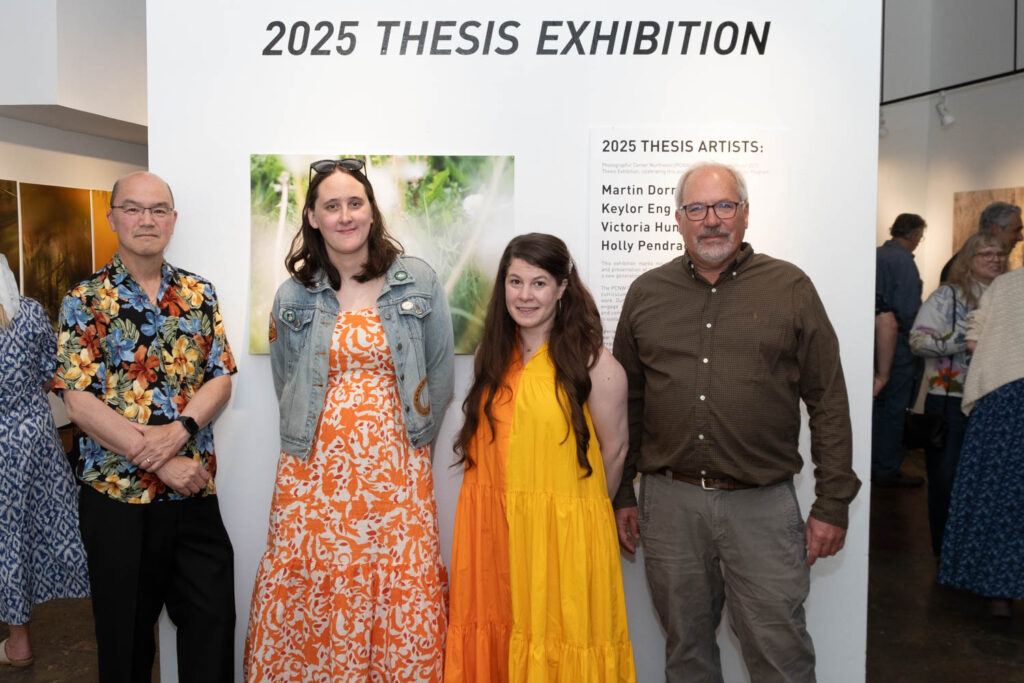
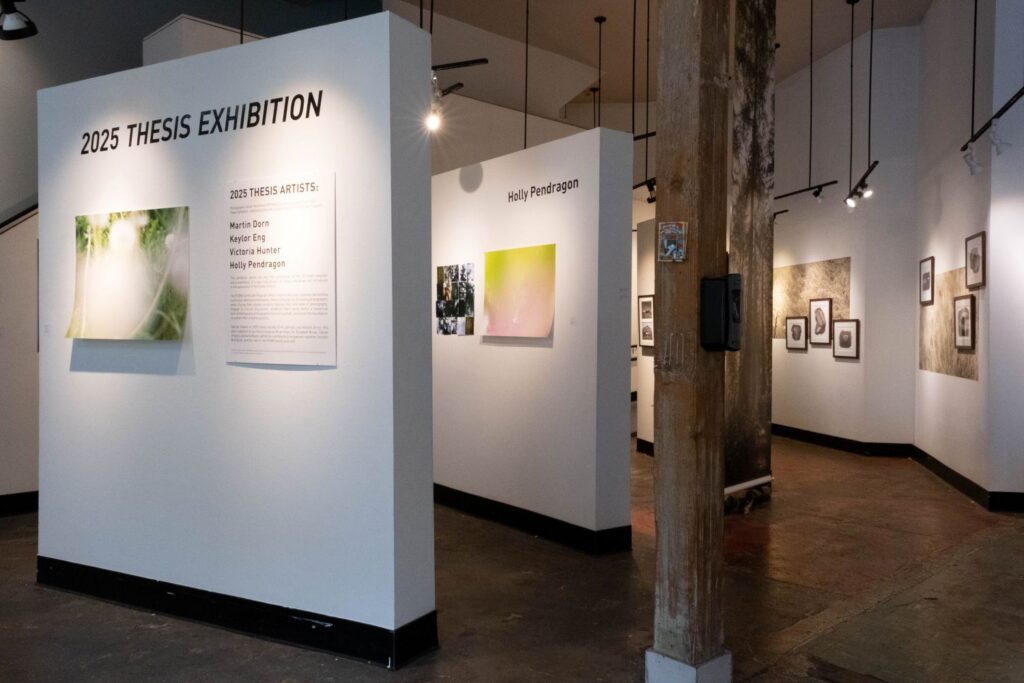

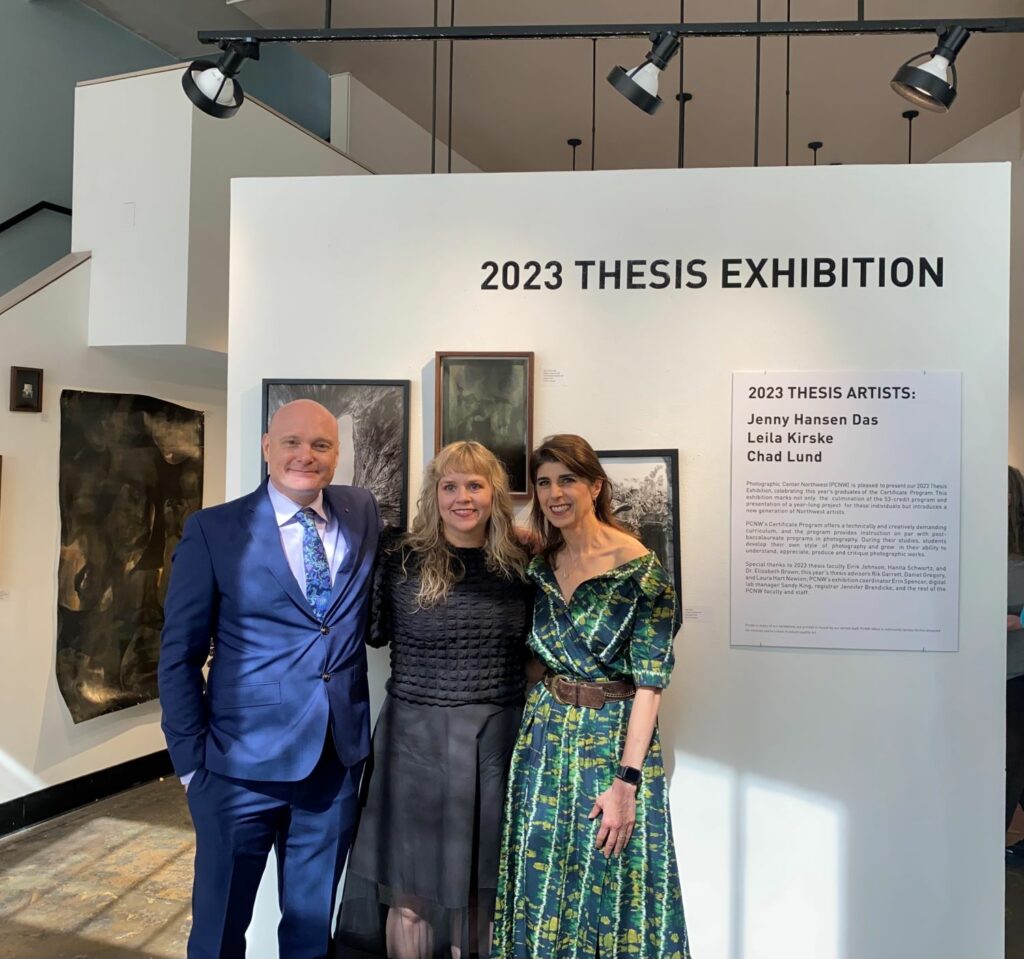
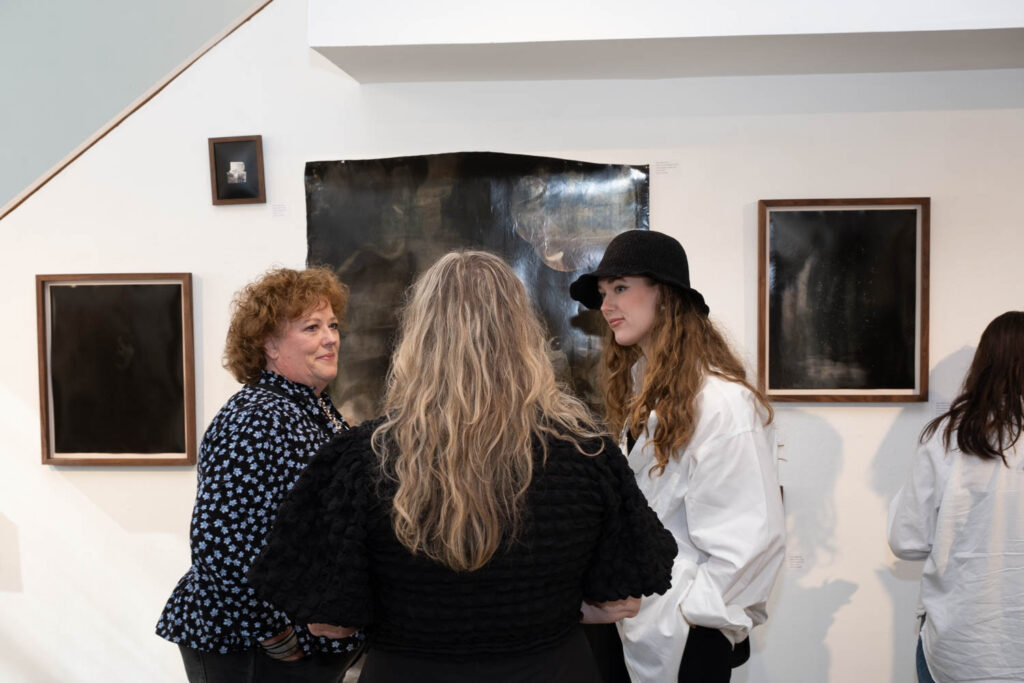
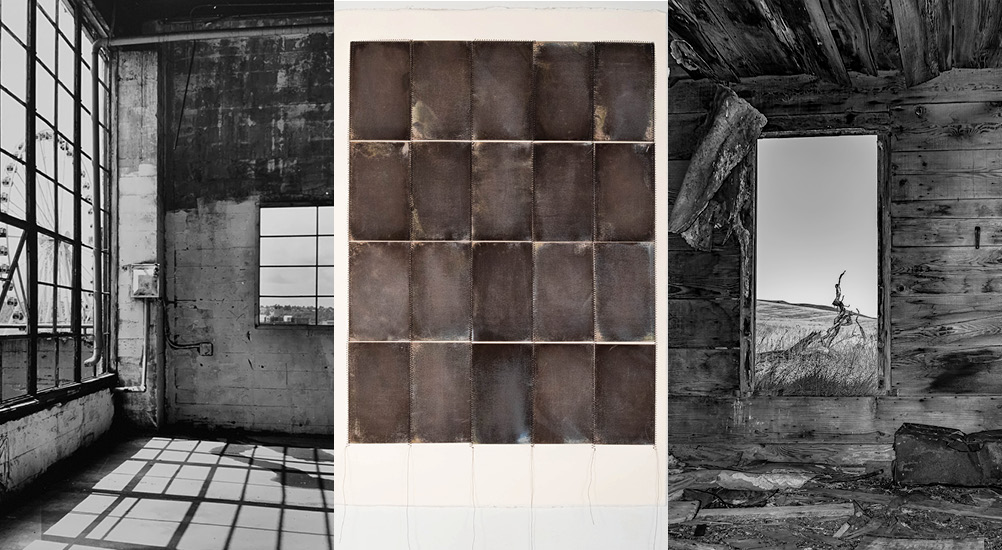
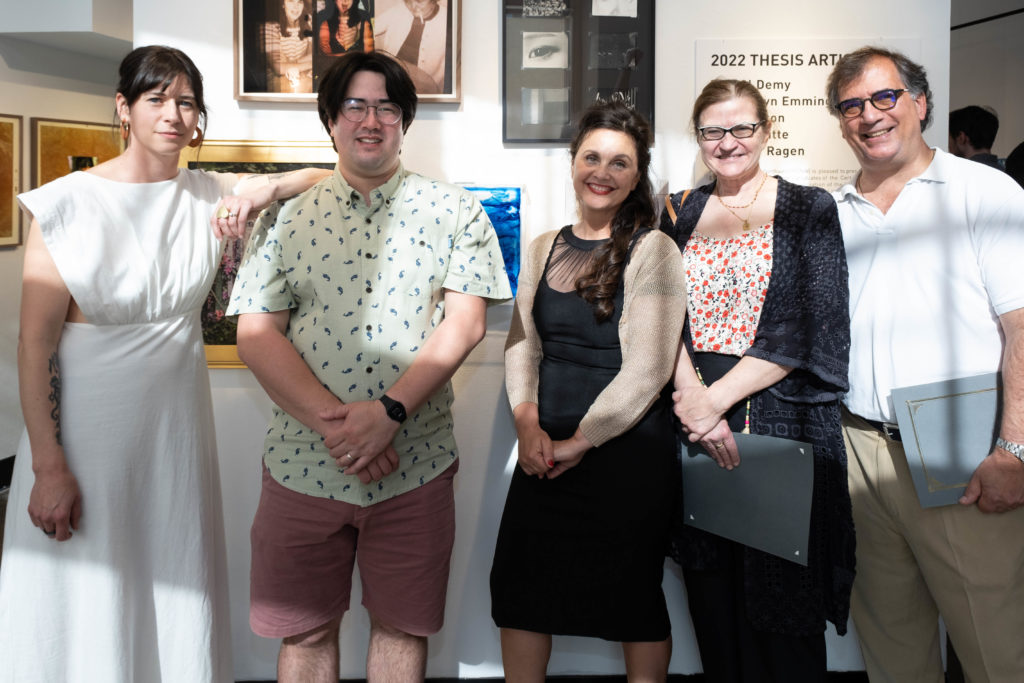
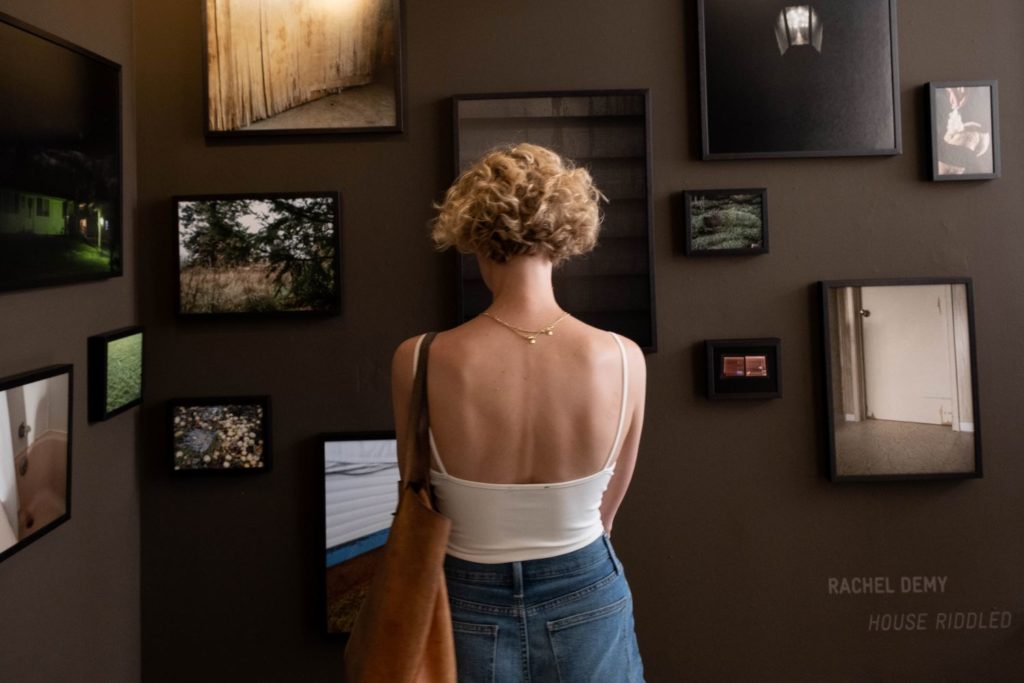
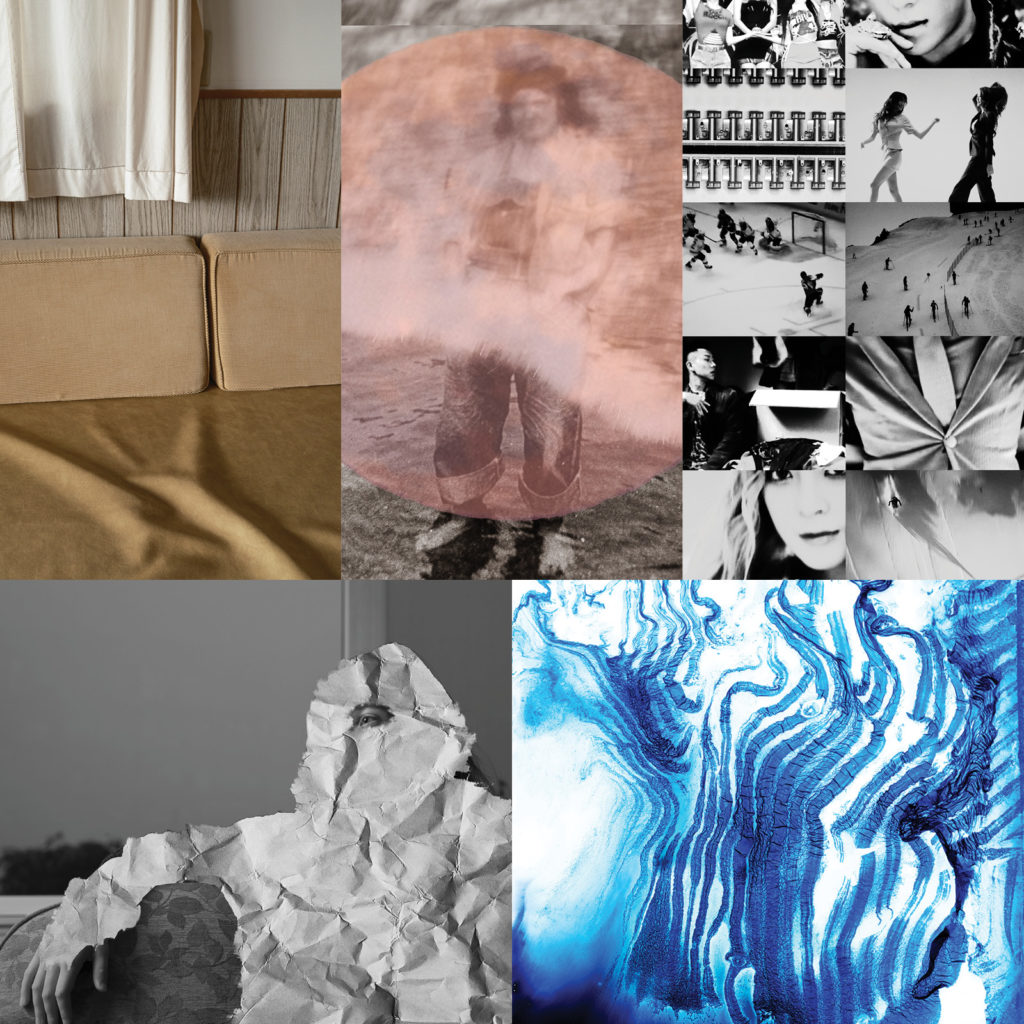
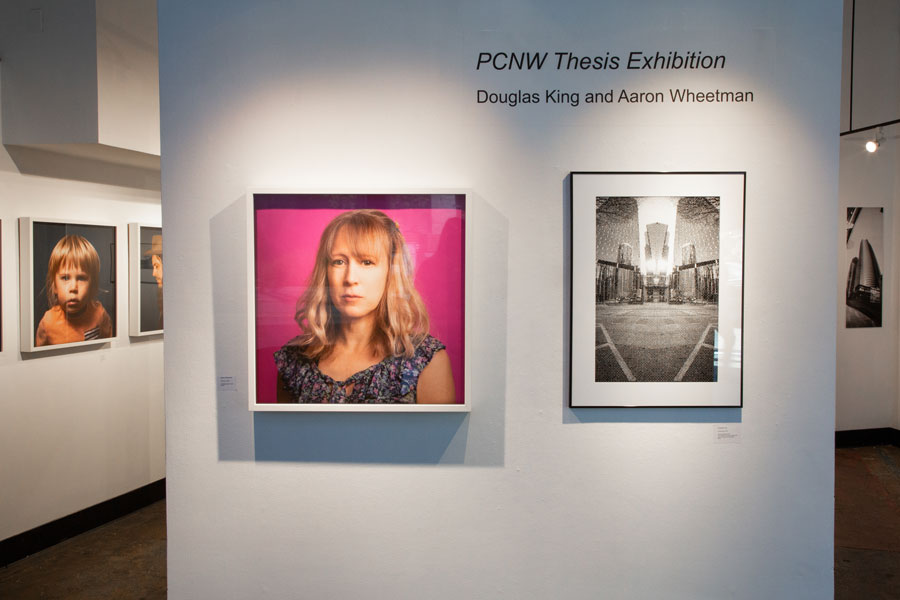
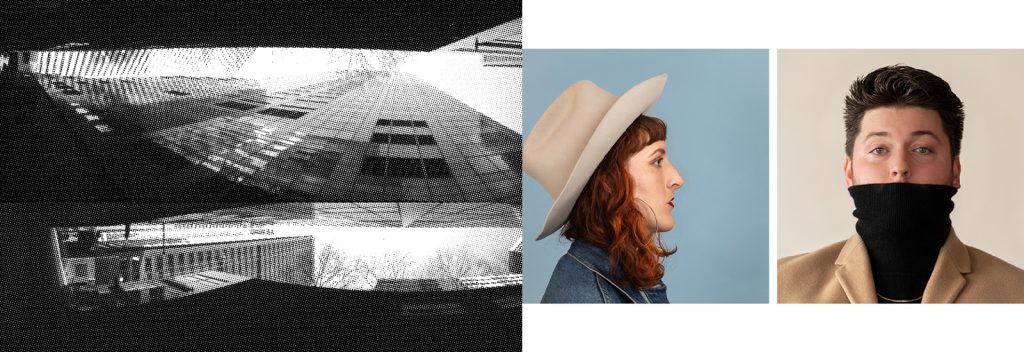
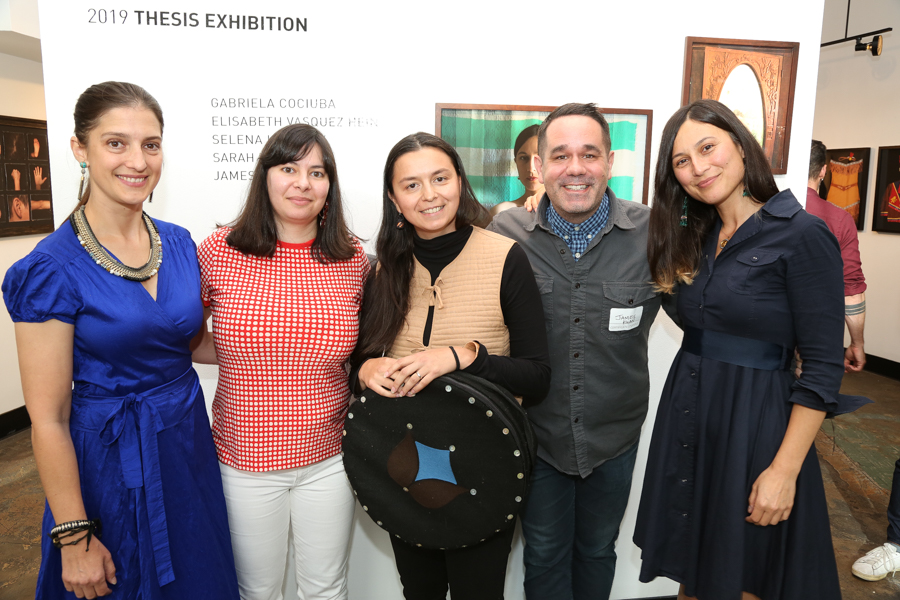
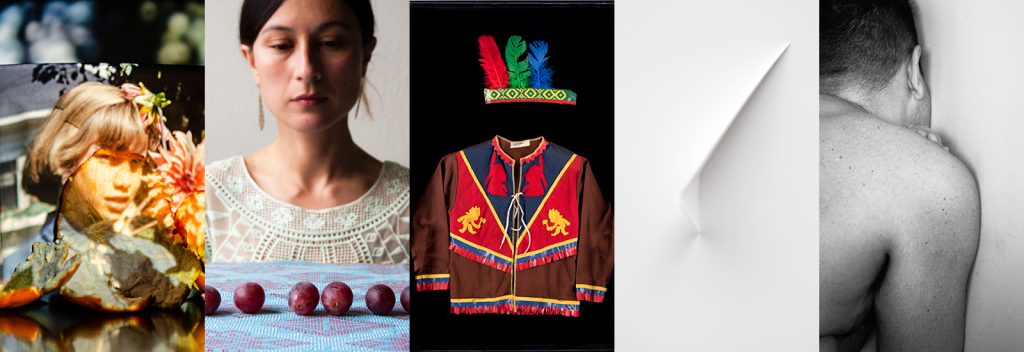
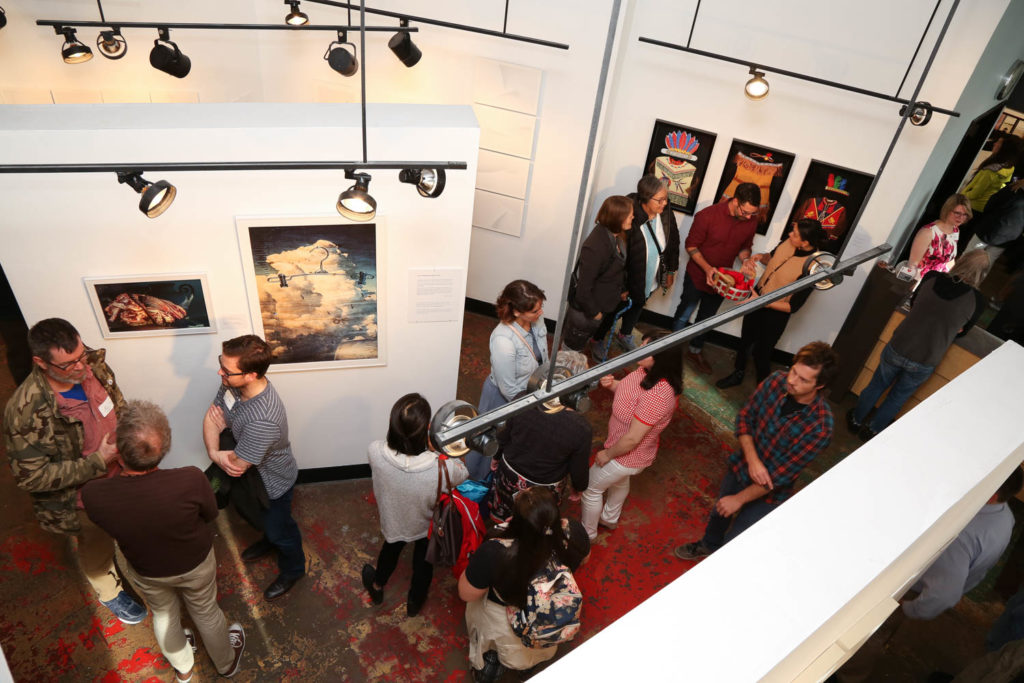
Details
Accreditation
Photographic Center Northwest is an accredited institutional member of National Association of Schools of Art and Design (NASAD).
What does Accreditation Mean?
Learn more about NASAD and accreditation here.
NASAD
11250 Roger Bacon Drive
Suite 21
Reston, VA 20190-5248
Telephone: (703) 437 0700
Fax: (703) 437 6312
E-mail: info@arts-accredit.org
Regional Licensing
Photographic Center Northwest is licensed in the state of Washington under Chapter 28C.10 RCW. Inquiries or complaints regarding this private vocational school may be made to:
Workforce Training and Education Coordinating Board
128 – 10th Ave SW
Olympia, Washington 98501
Phone: 360-709-4600
E-Mail Address: workforce@wtb.wa.gov
Web: wtb.wa.gov
Visit our Education Policies page to review our Academic and Administrative Policies, along with our Code of Conduct.
The total cost of the Certificate in Fine Art Photography outlined below is a range, given the variation from student to student, which courses the student chooses, what equipment and supplies the student buys and how much time the student spends using the facilities. Photographic Center Northwest reserves the right to increase tuition and fees.
Tuition is charged on a per class, per quarter basis. PCNW offers Scholarship Opportunities, as well as a 2 Part Payment Plan for students interested in options for financial assistance. Please note that PCNW is not eligible to offer/accept Financial Aid.
The following is our current projection for completion of the program in three years. Please note that many of our students take five years to complete the Certificate in Fine Art Photography, and this may increase the overall cost.
Estimated Cost Table
| Tuition assuming a 5% per year increase in tuition and assuming the student completes the Certificate in Fine Art Photography in three years (as of 2025) |
$16,900 |
| Facility Rental Fees subject to incremental increases, and vary depending on class choices |
$2,400 |
| Supplies purchased by the student (paper, film, etc.) |
$3,600 |
| Camera / Equipment (required to do class assignments) and other equipment |
$1,200 |
| Required Materials and textbooks, purchased new |
$1,000 |
| Total of the above: | $25,100 |
| Estimated cost of completing the Certificate in Fine Art Photography in the next three years (beginning 2025) | $25,100-$27,000 |
Certificate students are governed by the credit and course requirements in place at the time of enrollment in the program. Students with formal education elsewhere may request credit transfer. Students who have learned through experience may ask to waive prerequisites and then take additional electives to complete the program. See our Education Policies.
Courses are offered year-round, on a quarterly basis. Certificate students taking two or three classes a quarter, three quarters a year, will complete the program in three years, with the last year devoted largely to the thesis class. Most of our students complete the program in 5 years. The majority of program courses are offered in the evening, with some daytime options.
View 3-Year Completion Timeline
Contact PCNW’s Registrar to discuss potential completion timelines unique to you.
Course Requirements
| Program Requirements (as of September 2025) |
Frequency | Credits |
| Photography I: B&W | quarterly | 3 |
| Photography I: Digital | quarterly | 3 |
| Photography II | 2x annually | 3 |
| Photography III: Digital | annually | 3 |
| Contemporary Color | annually | 3 |
| Fine Art Printing | 2x annually | 3 |
| Studio Lighting Basics | 2x annually | 3 |
| History of Photography | annually | 3 |
| Professional Practices in Photography | 2x annually | 3 |
| Visual Literacy Seminar | annually | 3 |
| Electives | quarterly | 8 |
| Junior Seminar | annually | 3 |
| Senior Seminar | annually | 3 |
| Thesis | begins fall of each academic year | 9 |
| Total Credits | 53 |
Course Descriptions
Photography I courses are designed for those who have little or no previous experience in photography and there are no prerequisites.
Photography I: B&W is an introduction to traditional analog darkroom processes and manual camera operation. Students gain a basic understanding of black and white photography through exercises and assignments that emphasize fundamental camera and darkroom skills. The course introduces concepts of composition, emphasizes personal expression alongside technical development, and covers an introduction to history and philosophy of photography. This is a required course for all students in the Certificate in Fine Art Photography.
Photography I: Digital is an introduction to the creative and technical process of photography though digital media. The course is designed to provide students with a basic understanding of photography through exercises and weekly assignments using a Digital Single Lens Reflex (DSLR) camera. Class sessions include critiques, lecture, in class hands-on exercises, and the review of weekly shooting assignments. Critiques acquaint students with the language of photography and the basic critical skills for conceptualizing, creating, viewing and discussing photographic images. Photo I: Digital is required for all students in the Certificate in Fine Art Photography.
Prerequisites: None
May be taken as Black & White or Digital.
The focus of Photography II: B&W is an expansion of the technical skills and a deeper understanding of the aesthetic principles guiding personal work. Emphasis will be on applying sophisticated technical knowledge gained through film/developer/exposure tests to students’ personal creative vision. Through exercises, material tests, and assignments, students gain a greater control over variable materials (fiber paper, developers, films) and creative development is encouraged through class critiques of personal projects. Editing for a series, presentation methods and options, as well as professional workflow are also key components of this requirement. Students in the Certificate in FIne Art Photography may opt to take Photo II with either a Digital or Analog (B&W) focus.
Prerequisites: Photography I: Black & White
Photography II: Digital challenges students to explore advanced digital photography techniques while learning the workflow process for making visually sophisticated fine art photographs. Students learn techniques that parallel digital camera and computer workflow such as advanced frame division, crop and frame-ratio; RAW conversion; custom white balance; Lightroom adjustments for workflow, composite, retouching, image formatting and output; on-camera flash, basic printing workflow. Students are exposed to concepts of image/artistic construction: images containing hierarchies of subject-matter, advanced visual language to establish points of contention or dynamic tension in the image, and context, symbolic, metaphoric or narrative language.
Prerequisites: Photography I: Digital
Photography III: Digital (formerly Photoshop Basics) provides students with a foundational survey of how Adobe Photoshop can both complement and go beyond Adobe Lightroom through an understanding of digital editing and printing workflow, all within the context of project-based learning, visual literacy, and developing their own creative expression. During the course, target how Photoshop is most applicable to photographers, covering navigation, workspaces, preferences, layers and masks, channels, and adjustment layers. The class will also showcase proper workflow and non-destructive editing options, and how to incorporate Lightroom. Students will gain experience in proper digital printing workflow to feel confident both editing and printing their own photographic work.
Prerequisites: Photography II: Digital OR Photography I: Digital + Photography II: B&W
Contemporary color photography has grown to encompass traditional chromogenic printing, color transparency, digital inkjet and lightjet prints, as well as numerous alternative processes. This integrated course covers color theory, the nuances of digital printing, and a new set of foundations in color photography while drawing on analog and digital traditions.
Prerequisites: Photoshop Basics
Fine Art Printing classes focus on mastery of materials and techniques best suited to achieve your desired fine art print. This requirement may be fulfilled via Analog or Digital course options:
Photography III: Black & White is focused on developing mastery over your materials, with a strong emphasis on controlling negative exposure and refining your prints in the darkroom. This course is designed to help students move beyond technical trial-and-error and into intentional, expressive image-making. Throughout the course, students will produce a body of work that demonstrates both technical command and personal vision, developing a deeper relationship with the materials and methods of black and white photography.
Prerequisites: Photography II: B&W
Fine Art Digital Printing centers learning how to produce high-quality fine art digital prints. Master a workflow, understand paper options, and develop critical color management skills that will ensure the best possible print quality. Learn how to read prints and understand which adjustments in Photoshop will help you achieve your vision. The course will also address an understanding of the nature of the photograph as a printed object and how that decision directly impacts how the photograph is experienced, read, and critiqued.
Prerequisites: Photography III: Digital (formerly Photoshop Basics)
Studio Lighting Basics introduces students to the core concepts of lighting, beginning with an exploration of continuous light (window light, hot lights and daylight-balanced sources). The class will then learn about the art of using fill cards, color temperature, catch lights, and light patterns for portraits (such as Rembrandt light). Finally, take this knowledge and transition to the studio to study the use of strobes, modifiers, the flash meter, colored gels, backdrops and good studio practices. Learn how to apply these techniques to light still life, portraits, and other subjects.
Prerequisites: Photography I; knowledge of basic digital editing recommended
History of Photography focuses on significant people, events, and subjects in the development of photography. Through class discussions and readings, students analyze and compare the works of a variety of artists and practitioners, examine how historical events have impacted photographic practice, and explore the relationship between photography and the fine art world. Visits to important photographic collections in the Seattle area, as well as local galleries, will form a part of this class. This course has no prerequisites and can be taken concurrently with other courses in the Certificate in Fine Art Photography.
Prerequisites: None, recommended Photography I
Professional Practices in Photography, offered with emphasis on Fine Art, covers a wide range of topics that are geared towards helping you build the skills and knowledge to run your own photography business. The course addresses various stages of getting your business into full swing, outlining the fundamentals of business planning: research, evaluation, strategy and implementation. Other topics include: copyright law, licensing, invoicing, marketing/promotion, and editorial crossover. Students will gain clearly defined objectives for their businesses and strategies to aid their business development, career path and success in the photographic industry. This will be accomplished by using a combination of lecture, guest presentation, research and business-planning projects.
Prerequisites: None, recommended Photography II
The Visual Literacy Seminar (formerly Photography III: Visual Literacy) is a visual analysis and project driven course aimed at students who have completed at least two photography courses in either black and white or digital.
Lectures in this course will cover a broad swath of ideas regarding visual perception, foundational philosophies of photography, in-depth case studies of established photographers, as well as practical skills to better read and understand photographs.
Assignments, discussions, and readings are intended to invite students to expand outside their intellectual, creative, and social comfort zones. They are also designed to increase familiarity with writing and speaking about art as both spectator and artist.
Prerequisites: Photography II
A variety of special topic Electives are available to Certificate students to explore new processes, further advance existing skills, or dive into modes of storytelling; we encourage students to consider their creative and professional goals, as well as the level of the class as they choose courses to fill this requirement.
Prerequisites: Vary
The Junior Seminar is an advanced level course for students learning to develop a long-term photographic project. While emphasizing independent work, the course supports students in their ability to edit their work, see connections and parallels in contemporary practice, and confront artistic challenges. Engaging these topics and ideas, students will also gain confidence writing and speaking about their work. Aspects of professional artistic practice and project development are key components of this course.
Prerequisites: Photography I-III
Senior Seminar is an advanced course that combines readings in the history and theory of photography and art, visiting lectures from curators and professionals in the field of photography, writing, and discussions of contemporary photographic practice. The course provides opportunities for students to discuss their project and work amongst a group of other advanced students, and to situate their own ideas and practice within a framework of contemporary photography. Students completing this course are encouraged to take Thesis in the following year.
Prerequisites: Junior Seminar
Thesis, the final course in the PCNW Certificate in Fine Art Photography, is designed so that each student may bring an extended photographic project from an initial stage to final realization. Students have an entire year to explore frameworks for building a long-term project with conceptual, visual and thematic components. Over the course of the year, students will develop a project appropriate for public exhibition, and will be challenged to justify their visual and conceptual decisions in the context of fine art photography practice. The course culminates in a gallery exhibition of student work. Students will work with their individual advisors outside of class time to prepare work for critiques.
Prerequisites: Senior Seminar
Apply
Applications for the Certificate in Fine Art Photography are accepted annually. All application materials must be received by the stated deadline. See our Education Policies for application requirements.
Application Fee = $20
Why Apply?
- Completion of the Certificate in Fine Art Photography provides you with knowledge, credentials, and access as an alumnus to a lifelong community of practitioners dedicated to the medium of photography.
- Program attendees are immersed in the history, theory and practice of creating photograph work, taught by engaged professionals allowing not only for personal development, but also for professional networking.
- With evening courses and small classes sizes of not more than twelve students, the Certificate Program is personal, flexible and accessible.
Are You Ready to Apply?
- I’ve taken one or more courses at PCNW (recommended).
- I have a portfolio that reflects my interests and ambitions in photography.
- I’ve developed or feel ready to develop long-term photographic projects.
- I want a solid foundation in the history and future of this art form, and to build discipline in my creative practice.
FACULTY
The PCNW Faculty has, at its heart, professional photographers who bring expertise in their field and extensive teaching experience to the classroom.
ALUMNI
PCNW’s Alumni are the heart and soul of our community, and we’re proud of all of the graduates of our Certificate Program. Check out alumni news, events, exhibition archives, and more!
QUESTIONS?
Review our Certificate Program Info Session PDF for more insights and contact us at education@pcnw.org.
You’re welcome to e-mail your questions or request an appointment with our Programs Chair and/or Registrar.
